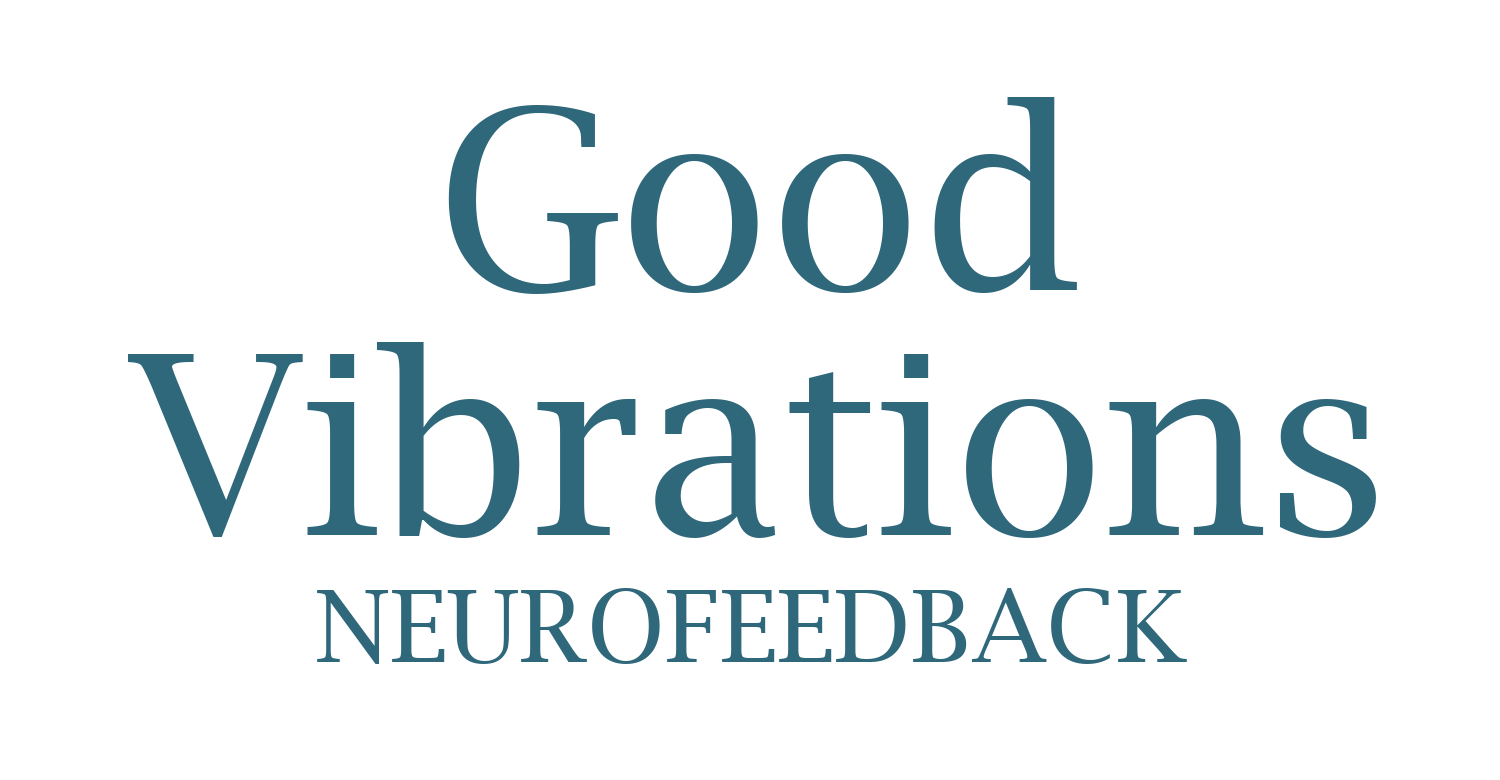Brain Frontiers
The Tire That Never Wore Out
There’s an old story that gets passed around – a man invented a tire that never wore out. It gripped the road perfectly, resisted damage, and could last for decades. He brought it to a major tire company – some say Goodyear. They turned him away.
Not because the tire didn’t work, but because it worked too well. A tire that never needed replacing posed a challenge to a business model built on regular replacements.
No one knows if the story is true – but the message still resonates. It’s a story about something that quietly worked—just not in the way the system expected. I think of it when people ask why they’ve never heard of NeurOptimal®. For many who’ve struggled for years, it can feel surprisingly effective in a short time. That alone is enough to raise eyebrows in systems designed around longer timelines and more complex protocols.
This technology has been around for decades. It’s non-invasive, drug-free, and doesn’t require a diagnosis. It’s used by everyday people, elite athletes, first responders, veterans, and even therapists themselves. And yet, many people only discover it by accident – not through a professional referral or a major public campaign.
Why is that?
Perhaps it’s because NeurOptimal® isn’t built around labels, prescriptions, or long-term dependency. It’s designed to work with the brain – gently and naturally – helping support better sleep, focus, emotional regulation, and overall resilience. For many, the process feels empowering. And empowerment doesn’t always fit easily into familiar systems.
To be clear: I’m not anti-medicine or anti-therapy.
I’m deeply grateful for the tools and professionals who support mental wellness in so many forms. But I do find it frustrating that something with such potential remains relatively unknown – not because it doesn’t help, but perhaps because it doesn’t follow the usual pathways.
Some cite a lack of peer-reviewed research – even though NeurOptimal® is not a medical device or treatment. Others simply resist what feels unfamiliar. “We’ve always done it this way,” they say.
More than anything, though, I believe it’s an awareness issue. And that’s something we can change.
If you’ve tried everything and still feel stuck – or if you’ve just started to notice your spark dimming – don’t wait to fall apart. There may be something else worth exploring. Something simple. Something powerful.
And no – your brain doesn’t have to wear out.

